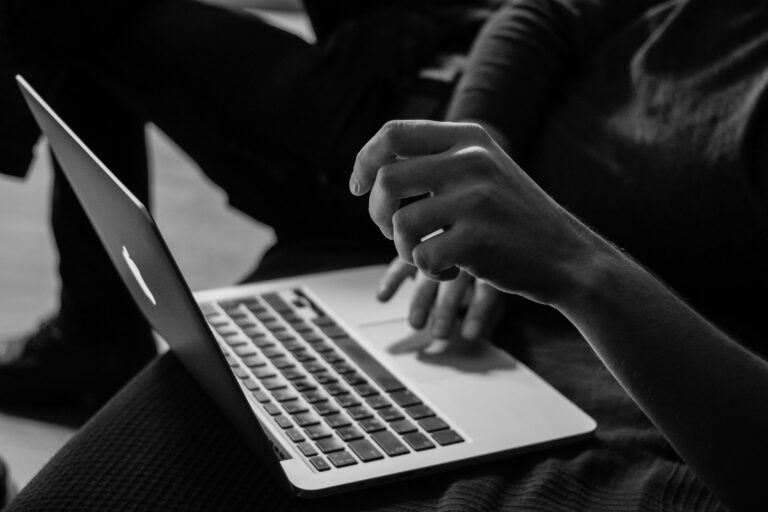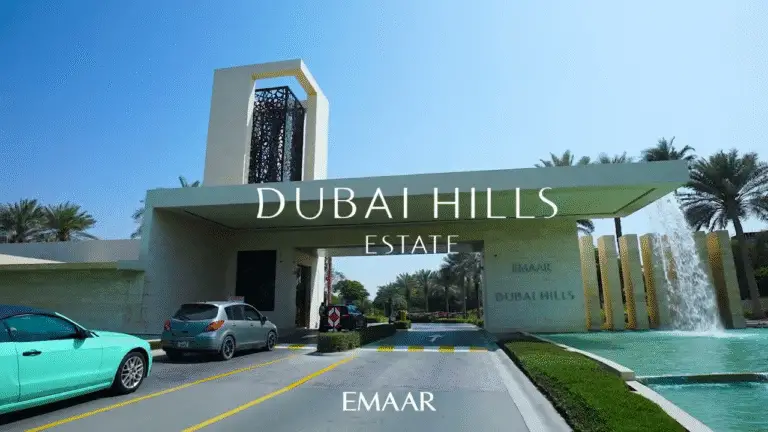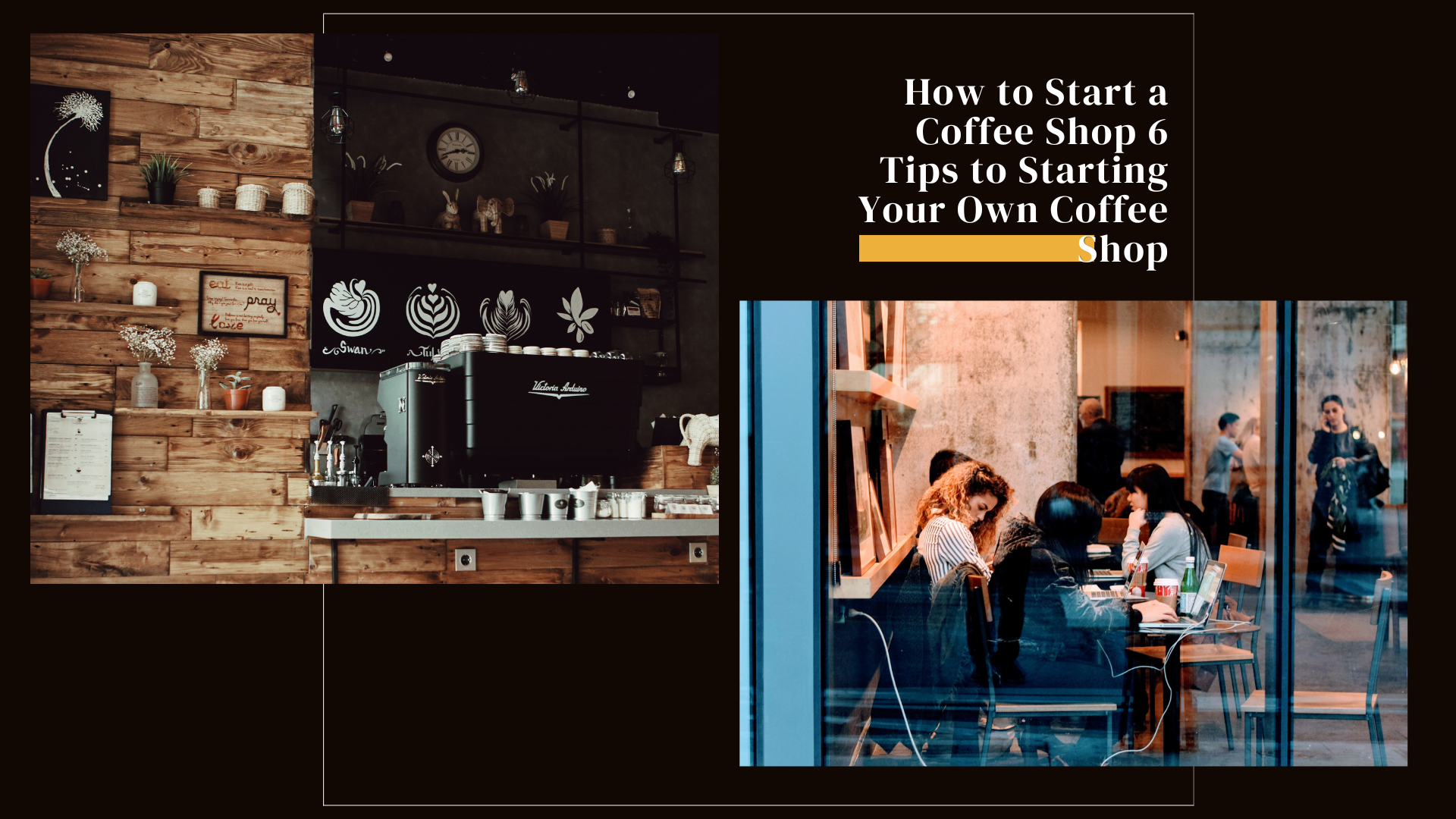
Table of Contents
Opening a coffee shop is an exciting venture, especially if you’re a coffee enthusiast with a passion for the perfect cup. It’s the dream of many to own a bustling café where the aroma of freshly brewed coffee fills the air. But before you start imagining your coffee shop in full swing, it’s crucial to step back and evaluate the startup costs involved.
The truth is, the cost of opening a coffee shop can vary significantly depending on numerous factors, including your location, the size of your café, and the type of service you plan to offer. Whether you’re thinking about a small kiosk, a food truck, or a traditional brick-and-mortar establishment, understanding the financial commitment required is the first step in making your dream a reality.
How Much Does It Cost to Open a Coffee Shop?
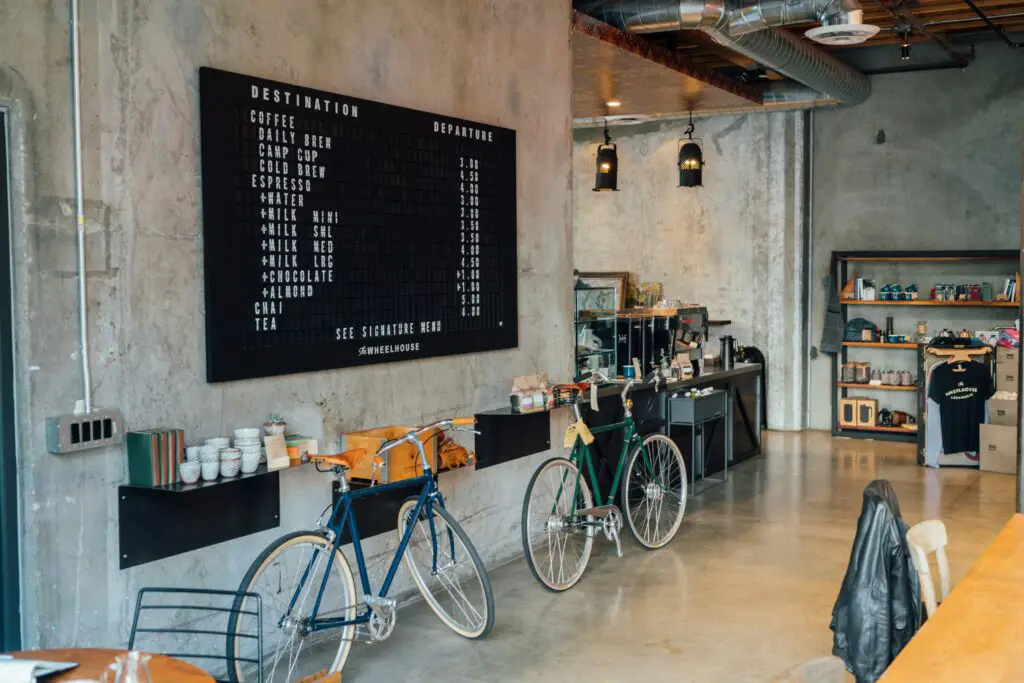
So, how much does it actually cost to open a coffee shop? Unfortunately, there’s no one-size-fits-all answer. A quick search on Google might reveal startup cost ranges from $20,000 to $250,000. This wide range is due to several variables, and in this article, we’ll break down these costs to give you a clearer picture of what you can expect.
Location: Your coffee shop’s location will be one of the most significant factors influencing your startup costs. Whether you’re opening in a bustling city center, a suburban strip mall, or opting for a mobile café, the cost of rent or purchase will vary dramatically. Urban areas with high foot traffic may cost more to lease, but they often come with greater customer potential. Meanwhile, a rural location or less popular area could result in lower leasing fees but may not attract as many customers.
Type of Coffee Shop: A coffee kiosk or a café on wheels might have startup costs in the $10,000–$35,000 range, while a more traditional, brick-and-mortar coffee shop could easily reach $250,000 depending on the size and location. Whether you’re going for a small, intimate space or a large café, the decision will significantly influence your budget.
Breakdown of Startup Costs
Let’s dive deeper into the essential purchases and factors that contribute to opening a coffee shop.
1. Location Costs
Your location costs will include the price of leasing or purchasing the space, as well as any renovation expenses. For a mobile coffee shop, such as a food truck or kiosk, the costs will be a bit different. Here’s what to consider:
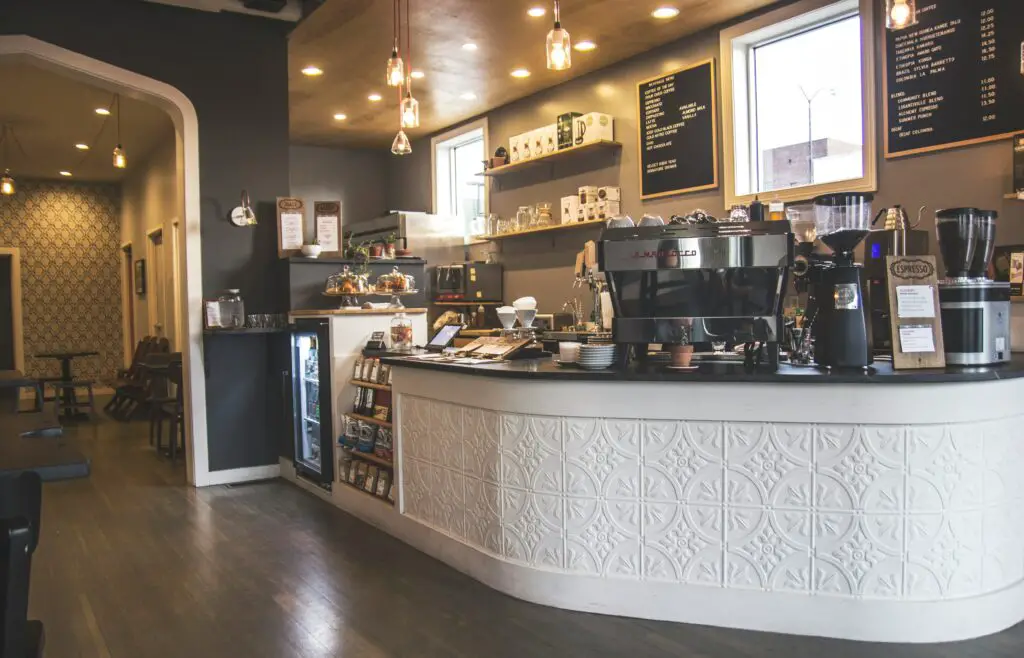
- Leasing Commercial Space: Commercial real estate prices vary by state and city. In a high-traffic area, expect to pay more for a lease, which can cost anywhere between $2,000 to $10,000 per month depending on location.
- Kiosk or Food Truck: A kiosk can cost between $10,000–$25,000, while a fully-equipped catering truck can range from $20,000 to $35,000.
- Renovations: If you’re leasing a space that needs renovation, this could add another $20,000–$100,000, depending on the level of customization.
2. Coffee Equipment
To run a coffee shop, you’ll need the right equipment to keep up with customer demand. Commercial-grade coffee machines and grinders are non-negotiable for any serious coffee shop owner. Here’s a list of the essentials:
- Coffee Machines: A commercial coffee maker can cost around $500, but you might need several to handle different brewing styles (e.g., regular, decaf, flavored). Espresso machines can cost anywhere from $5,000 to $7,000 depending on the brand and quality.
- Coffee Grinders: Commercial grinders will set you back about $500–$800 each, and you’ll likely need at least two.
- Other Equipment: You’ll also need carafes, drip trays, refrigerators, and dishwashers. These smaller items may add up to a few thousand dollars.
3. Product Costs
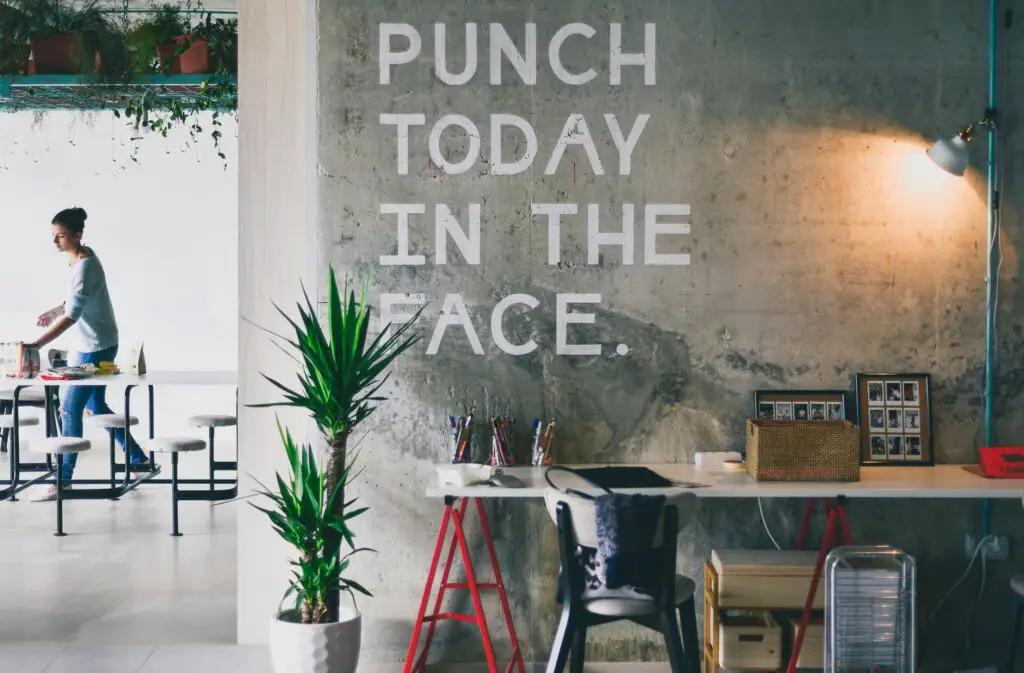
The next major expense will be the cost of the products you’ll sell, which will depend on your menu offerings. For a basic coffee shop, you’ll need:
- Coffee Beans: The cost of purchasing coffee beans will vary, but you’ll need to budget for high-quality beans, both caffeinated and decaffeinated. The cost will also depend on your supplier and the amount of coffee you intend to sell.
- Cups, Napkins, and Stir Sticks: These small items may seem trivial, but they add up quickly. Ensure that you have a steady supply of disposable cups, lids, napkins, and stir sticks, as well as milk and sugar.
4. Licenses and Permits
Before you can legally sell coffee to customers, you’ll need several licenses and permits, which can vary by location:
- Business License: A general business license will cost anywhere from $50 to $500, depending on your location.
- Food and Beverage Licenses: If you’re serving food or beverages, you may need health permits, which can cost anywhere from $100 to $2,000.
- Liability Insurance: Coffee shop owners are required to have insurance. Commercial insurance coverage will generally cost between $500 and $2,500 annually.
5. Staff Costs
Hiring staff will also be a significant part of your budget. Depending on the size of your coffee shop, you’ll need baristas, kitchen staff, and possibly a manager. Keep in mind that wages vary by location, but here’s an estimate:
- Baristas: The average wage for a barista is around $10–$15 per hour. With a couple of baristas working full-time, this cost can add up.
- Kitchen Staff: If you plan to offer pastries or food items, you’ll need to hire kitchen staff, which could cost anywhere from $12 to $20 per hour.
- Management: If you hire a manager, expect to pay around $40,000 to $60,000 per year, depending on their experience and your location.
6. Marketing and Branding
Once your coffee shop is ready to open, you’ll need to let people know about it. This is where your marketing budget comes into play. You might need to spend:
- Website Design: A professional website could cost $1,000 to $5,000.
- Branding and Logo: Hiring a designer to create a memorable logo can cost anywhere from $500 to $2,000.
- Advertising: Digital marketing, social media ads, and local promotions can add up quickly. Expect to spend anywhere from $500 to $5,000 in the first few months.
How to Calculate Your Startup Budget
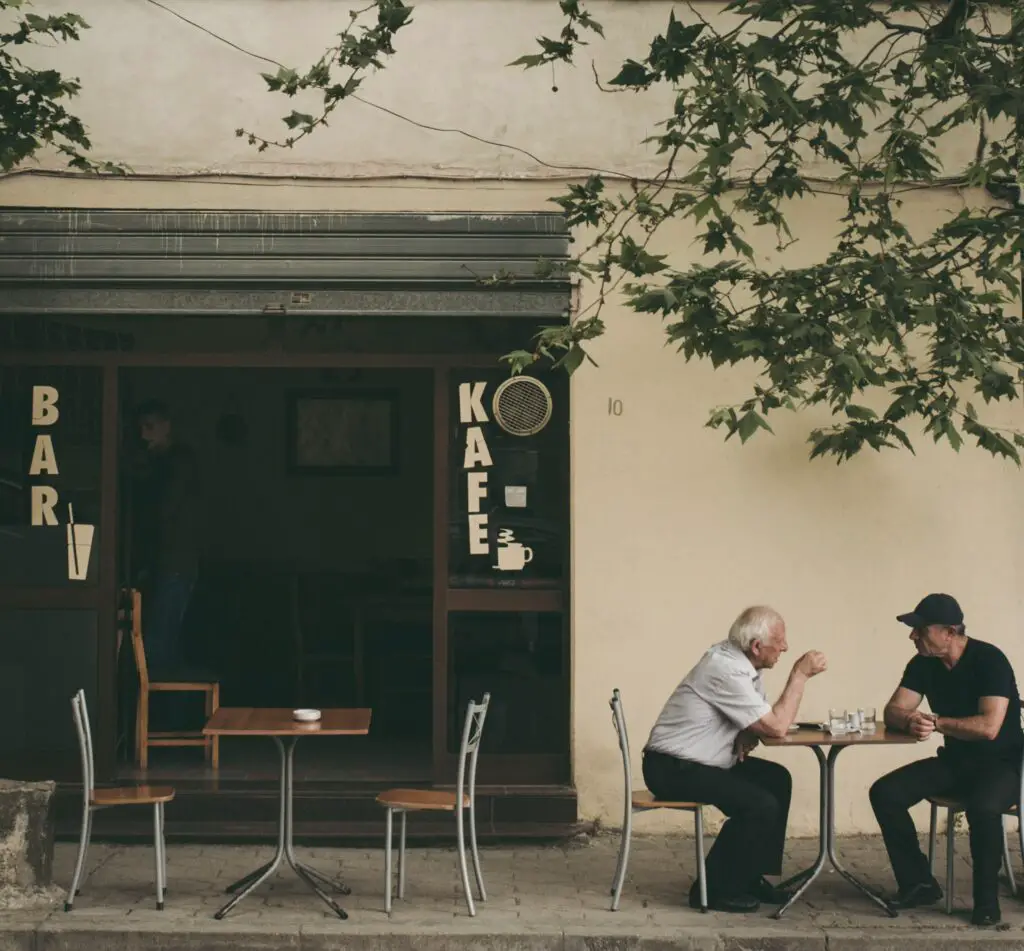
The total cost of opening your coffee shop will depend on all of these factors. Here’s a simple way to estimate the costs:
- Business Plan: Create a detailed business plan that includes your projected expenses for location, equipment, products, licenses, staff, and marketing.
- Sales Projections: Calculate how much coffee you need to sell to cover your costs. For example, if you spend $250,000 on startup costs, and you charge $2.50 per cup, you’ll need to sell around 100,000 cups of coffee to break even.
- Funding: Determine how much capital you need to cover the startup costs. You may need to secure a business loan or seek investors.
The Path to Profitability
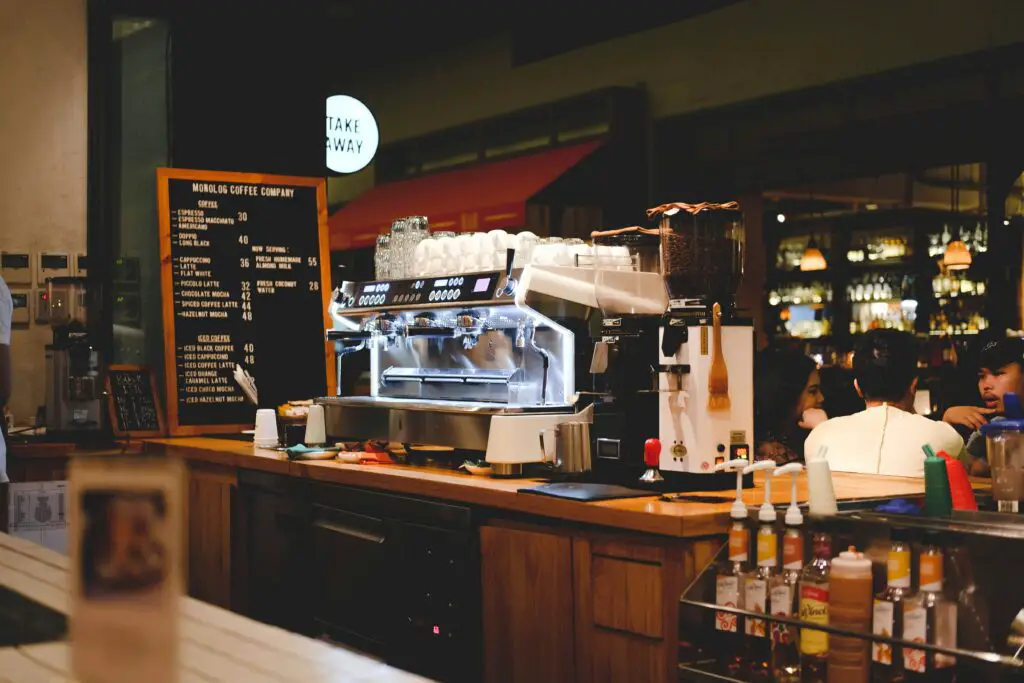
While starting a coffee shop requires a significant investment, it also has the potential to be highly profitable. With the average gross margin of a coffee shop being 85%, your potential to recover your investment and generate revenue is strong. However, the competition is fierce, with major franchises like Starbucks and Dunkin’ Donuts capturing around 70% of the market share.
To succeed in this competitive landscape, you need to differentiate your coffee shop through excellent customer service, high-quality products, and creative marketing. Offering unique beverages, local partnerships, or exceptional customer service can help your coffee shop stand out.
The Ultimate Guide to Starting Your Own Coffee Shopin 2025 : A Dream or a Reality?
Opening a coffee shop can be a rewarding business venture, but it requires careful planning and a clear understanding of the startup costs. From equipment and location to staff wages and licenses, there are numerous expenses to consider. By developing a solid business plan, estimating your costs accurately, and setting realistic sales goals, you can turn your coffee shop dream into a profitable reality.
With the right location, a well-defined target audience, and a commitment to quality, your coffee shop can become a staple in your community and a thriving business for years to come.
